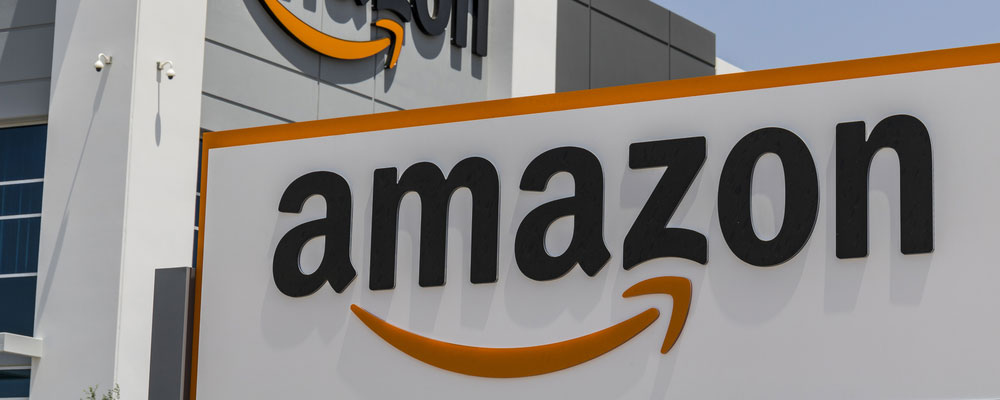Lost in the kerfuffle of Monday’s Amazon tweet by President Donald Trump was a much bigger nugget of news about the company…
Like a former senior Walmart exec calling for a breakup of Amazon on federal antitrust grounds.
“They’re not making money in retail, and they’re putting retailers out of business,” said Bill Simon, Walmart’s former U.S. CEO, on CNBC in recent days. “It’s anti-competitive, it’s predatory and it’s not right.”
Granted, it’s no big surprise that a rival retail exec might criticize Amazon’s business practices. But they typically do so behind closed doors, or perhaps at a retail industry “insiders only” panel session talkfest.
It’s the first I’ve seen anyone of Simon’s stature say so in such a public way.
In my opinion, it’s a bad sign for Amazon.
Amazon: Running the Antitrust Gauntlet
I think the exec’s comment shows the level of exasperation when it comes to competing against Amazon. It’s only a matter of time — whether under the Trump administration, or a future president of either party — that the government moves against the company on antitrust grounds.
Why?
As I noted last year: “The stirring of antitrust activity goes hand in hand with overheated markets that only amplify the power of a few companies that become too big, too dominant … in a word, too powerful.”
Keep in mind, last year saw a record 26 major retail bankruptcies in 2017 (chains with more than $50 million in liabilities).
And just in the first quarter this year, we’ve seen five more decent-sized retailers, including Claire’s and Bon-Ton Stores, go under.
As the Bodies Pile Up…
Poorly run? Poorly led? No doubt.
But with every “going out of business” sign, and every “all inventory must be liquidated” banner — it’s a reminder of Amazon’s massive clout in the marketplace.
It also points to the company’s advantage (an unfair advantage, according to some) of owning a “platform” business where everyone else in the retail game, for competitive reasons, needs to list its goods. But of course, in doing so, Amazon sells its own very similar offerings, often for just a little less.
In fact, last year, Yale legal scholar Lina M. Khan identified Amazon’s platform as a likely vector of attack for antitrust regulators.
“The economics of platform markets create incentives for a company to pursue growth over profits,” she writes, “a strategy that investors have rewarded. Under these conditions, predatory pricing becomes highly rational — even as existing doctrine treats it as irrational and therefore implausible.”
Interestingly enough, on March 15, Japan’s antitrust watchdog group raided Amazon’s offices in that country. According to the Japan Times, the raid was based on suspicion of “allegedly violating the antitrust law by having its suppliers shoulder part of the costs to cover discounts the retailer applied on goods.”
Amazon Japan said it was cooperating with the agency’s inspection.
I think it’s highly likely we’ll see a similar headline here in the U.S., sooner or later.
Regards,
Jeff L. Yastine
Editor, Total Wealth Insider

